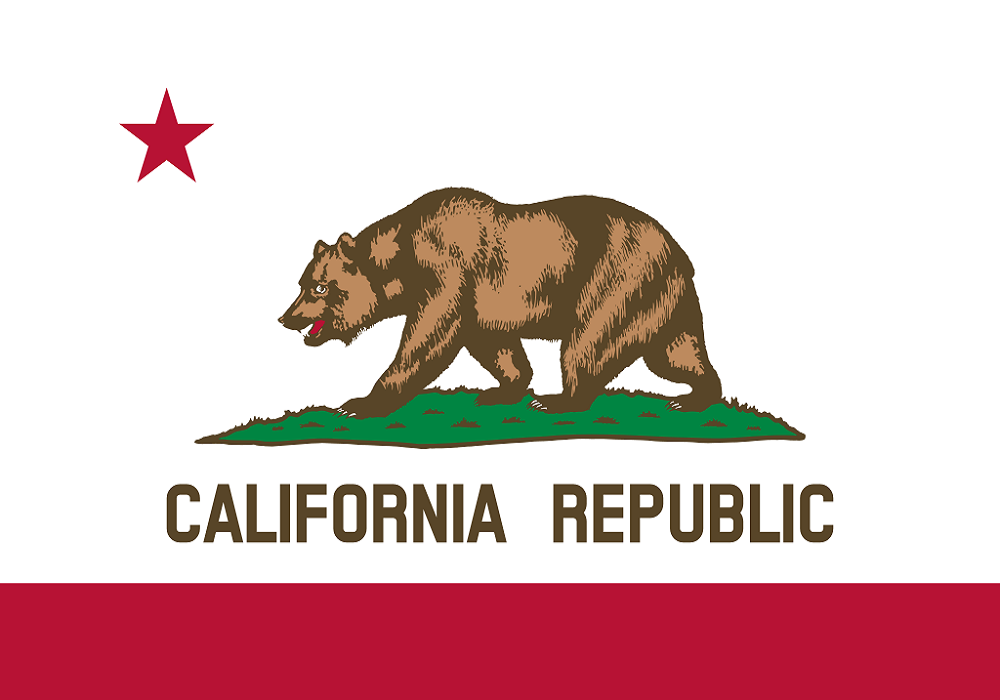A mediator must maintain impartiality toward all participants in the mediation process at all times.
Except as provided in (f) , if, after a mediator makes disclosures, no party objects to the mediator and no participant raises any question or concern about the mediator’s ability to conduct the mediation impartially, the mediator may proceed.
If, after a mediator makes disclosures or at any other point in the mediation process, a participant raises a question or concern about the mediator’s ability to conduct the mediation impartially, the mediator must address the question or concern with the participants. Except as provided in (f) , if, after the question or concern is addressed, no party objects to the mediator, the mediator may proceed.
In a two-party mediation, if any party objects to the mediator after the mediator makes disclosures or discusses a participant’s question or concern regarding the mediator’s ability to conduct the mediation impartially, the mediator must withdraw. In a mediation in which there are more than two parties, the mediator may continue the mediation with the nonobjecting parties, provided that doing so would not violate any other provision of these rules, any law, or any local court rule or program guideline.
Regardless of the consent of the parties, a mediator either must decline to serve as mediator or, if already serving, must withdraw from the mediation if:
Cal. R. Ct. 3.855
Advisory Committee Comment
Subdivision (b). This subdivision is intended to provide parties with information they need to help them determine whether a mediator can conduct the mediation impartially. A mediator’s overarching duty under this subdivision is to make a “reasonable effort” to identify matters that, in the eyes of a reasonable person, could raise a question about the mediator’s ability to conduct the mediation impartially, and to inform the parties about those matters. What constitutes a “reasonable effort” to identify such matters varies depending on the circumstances, including whether the case is scheduled in advance or received on the spot, and the information about the participants and the subject matter that is provided to the mediator by the court and the parties.
The interests, relationships, and affiliations that a mediator may need to disclose under (b)(1)(A) include: (1) prior, current, or currently expected service as a mediator in another mediation involving any of the participants in the present mediation; (2) prior, current, or currently expected business relationships or transactions between the mediator and any of the participants; and (3) the mediator’s ownership of stock or any other significant financial interest involving any participant in the mediation. Currently expected interests, relationships, and affiliations may include, for example, an intention to form a partnership or to enter into a future business relationship with one of the participants in the mediation.
Although (b)(1) specifies interests, relationships, affiliations, and matters that are grounds for disqualification of a judge under Code of Civil Procedure section 170.1, these are only examples of common matters that reasonably could raise a question about a mediator’s ability to conduct the mediation impartially and, thus, must be disclosed. The absence of particular interests, relationships, affiliations, and section 170.1 matters does not necessarily mean that there is no matter that could reasonably raise a question about the mediator’s ability to conduct the mediation impartially. A mediator must make determinations concerning disclosure on a case-by-case basis, applying the general criteria for disclosure under (b)(1).
Attorney mediators should be aware that under the section 170.1 standard, they may need to make disclosures when an attorney in their firm is serving or has served as a lawyer for any of the parties in the mediation. Section 170.1 does not specifically address whether a mediator must disclose when another member of the mediator’s dispute resolution services firm is providing or has provided services to any of the parties in the mediation. Therefore, a mediator must evaluate such circumstances under the general criteria for disclosure under (b)(1), that is, is it a matter that, in the eyes of a reasonable person, could raise a question about the mediator’s ability to conduct the mediation impartially?
If there is a conflict between the mediator’s obligation to maintain confidentiality and the mediator’s obligation to make a disclosure, the mediator must determine whether he or she can make a general disclosure of the circumstance without revealing any confidential information, or must decline to serve.
.

